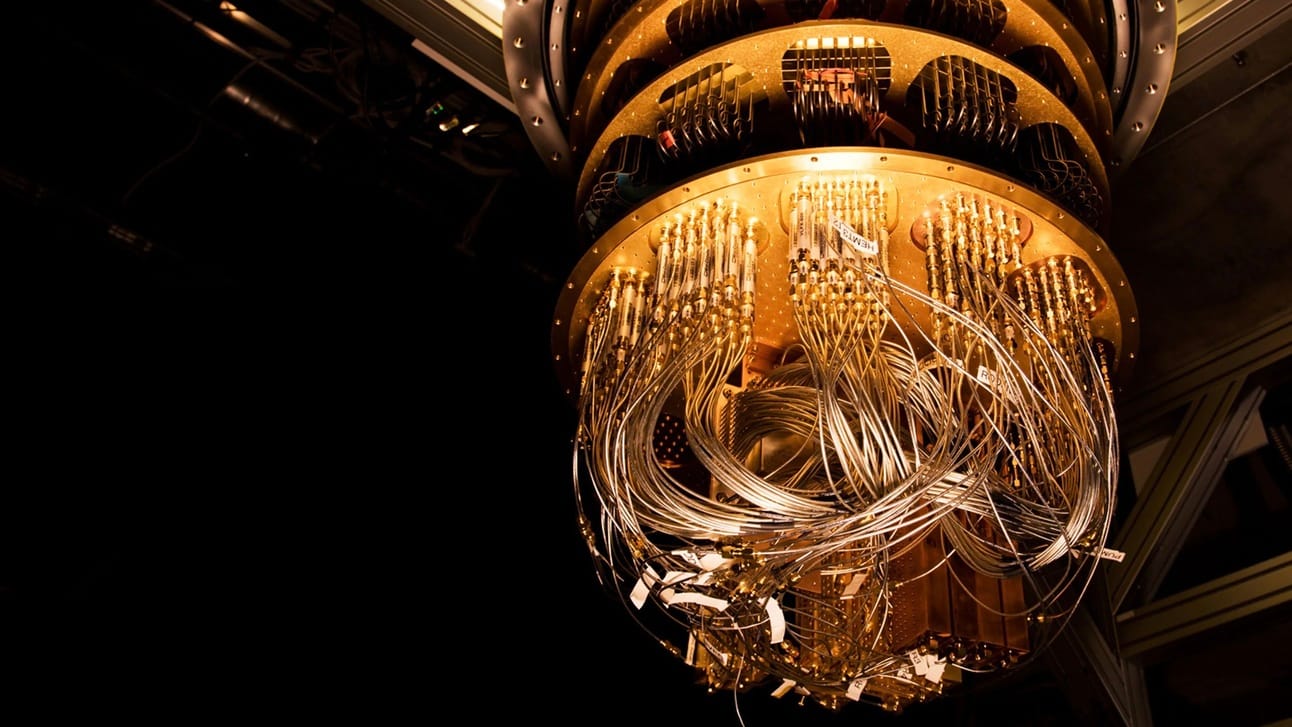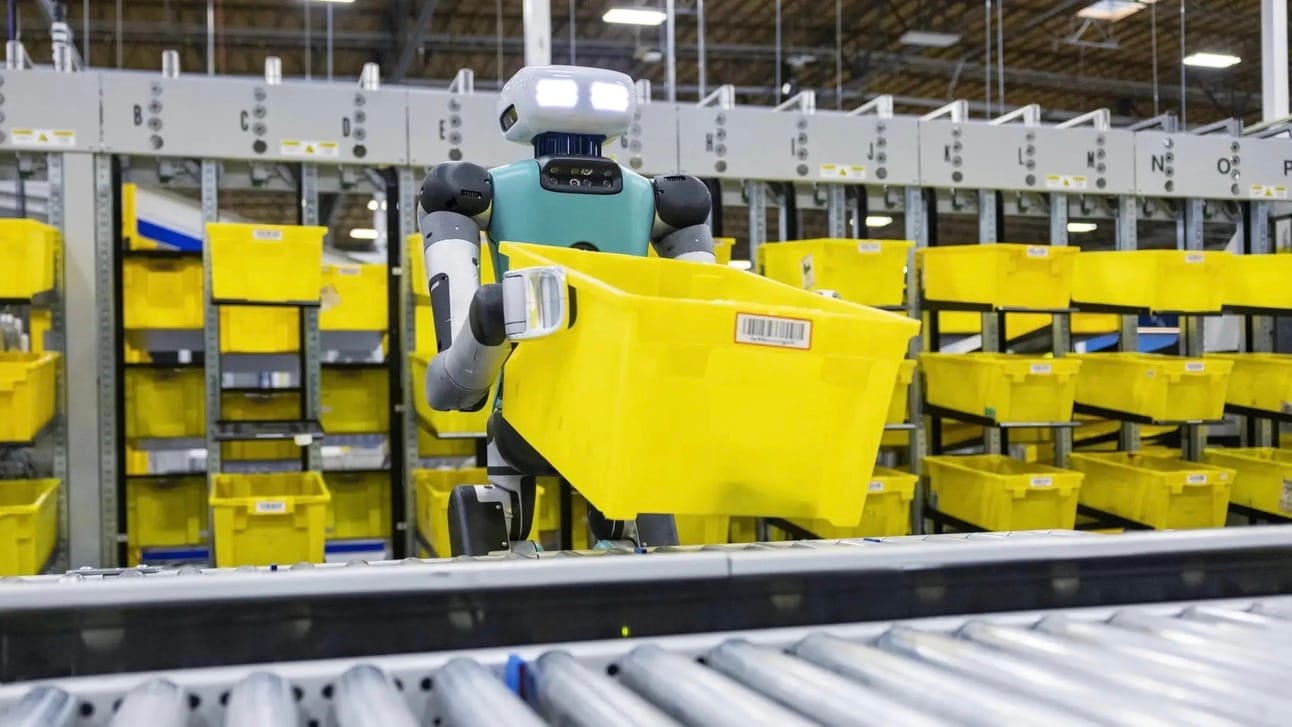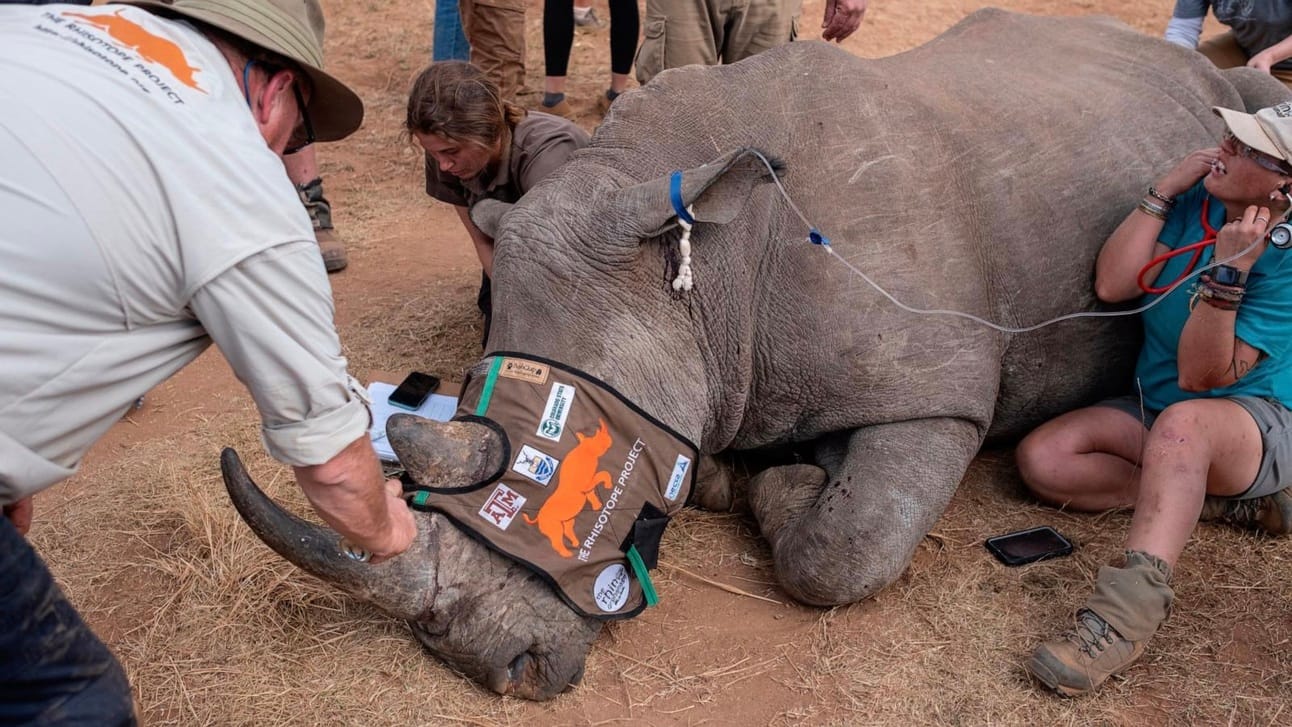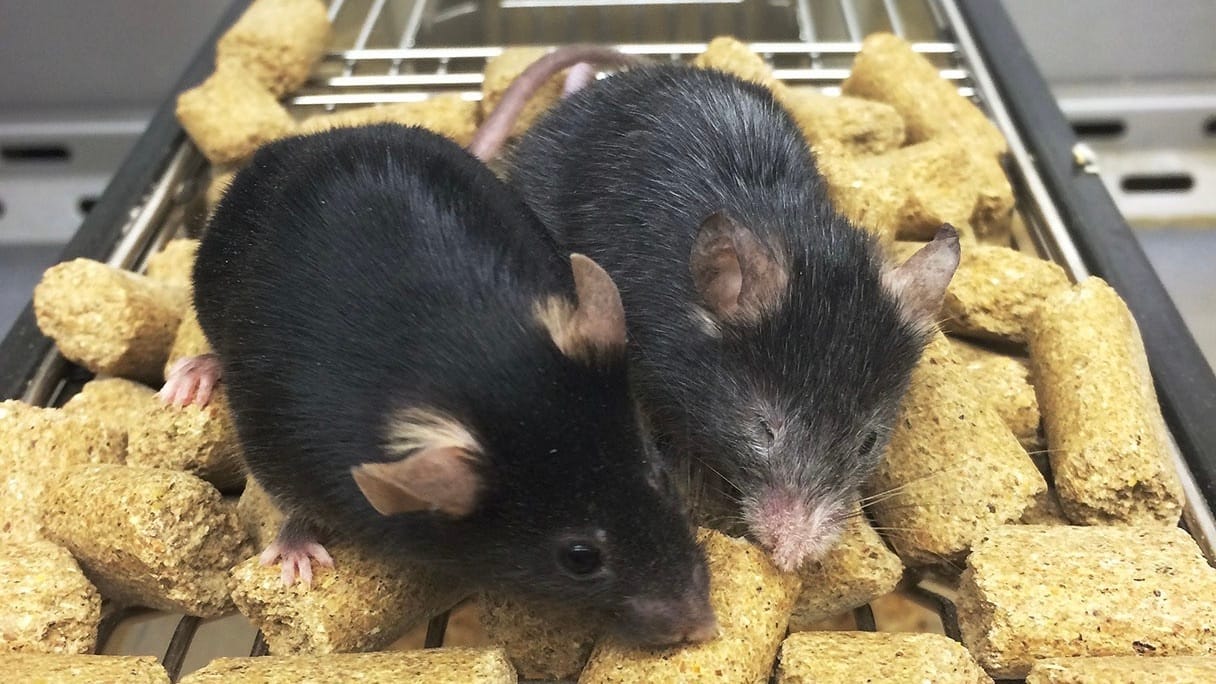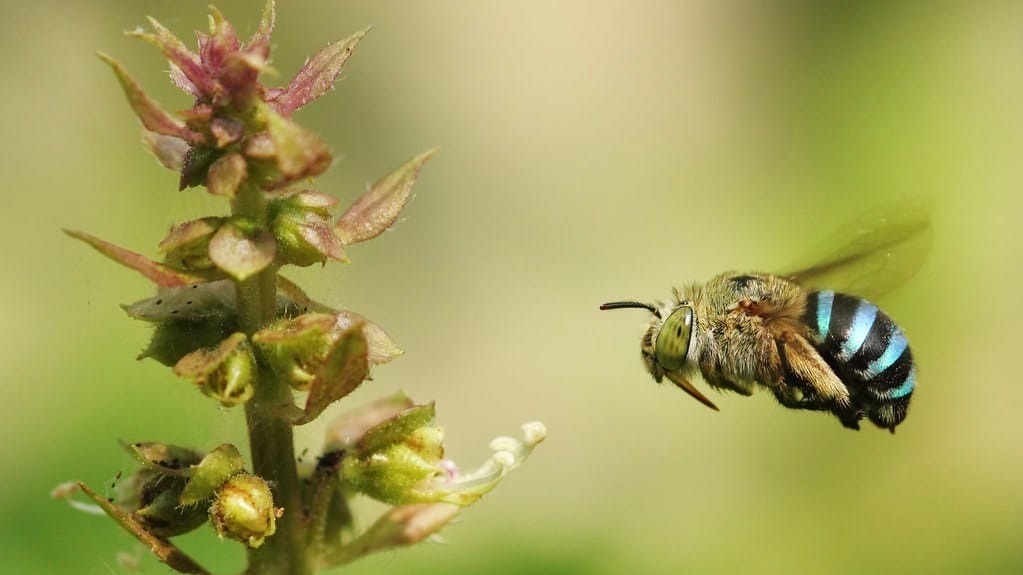- Increadible
- Posts
- Ok... Harvard scientists can now reverse aging
Ok... Harvard scientists can now reverse aging
Google's quantum computer. Amazon's robots. Radioactive shield for rhinos.

Today’s topics
Warren Buffett’s will preview
Radioactive shield for rhinos
Amazon's robotic revolution
DNA origami: nanorobots vs. cancer cells
and more…

Stocks surged on Tuesday, propelling the S&P 500 and Nasdaq to fresh closing highs. The S&P 500 and Nasdaq achieved these milestones in a subdued session ahead of yet another holiday break, with the Dow Jones climbing 162 points (0.4%), the S&P 500 rising 0.6%, and the Nasdaq gaining 0.8%. According to Dow Jones Market Data, this marked the S&P's 32nd record close of the year and the Nasdaq's 22nd.
Buffett's billion-dollar legacy plan unveiled. Warren Buffett teased the Wall Street Journal with insights into his posthumous fortune, revealing that his substantial $130 billion wealth won't flow to the Gates Foundation but will fund a new charitable trust managed by his children. In a twist of philanthropic power, Buffett stipulates that his heirs must reach a unanimous decision on distributing these billions, ensuring a lasting impact guided by family consensus.
Fairway fiasco: US golf cart makers tee up against Chinese imports. Chinese golf carts are driving into the US market, sparking a plea from American giants Club Car LLC and Textron Specialized Vehicles Inc. near Augusta, Georgia. They're urging the Biden administration to impose a hefty 100% tariff on these imports, aiming to level the playing field against their Chinese counterparts in the electric vehicle market.

Google’s Quantum Leap
Google's latest quantum marvel, 'Sycamore,' obliterates 47 years of computing in a mere 6 seconds—a leap 241 million times faster than its 2019 ancestor. Boosted to 70 qubits from 53, Sycamore now tackles computations beyond classical limits, marking a quantum leap in computing prowess. Despite their speed, Google's $5 million challenge seeks real-world uses, as current quantum feats, while impressive, remain more theoretical than practical.
Amazon's robotic revolution: from sparrows to giants. Amazon's warehouse robot army has seen exponential growth, swelling from 350,000 to 750,000 units in just three years, solidifying its claim as the largest industrial robot manufacturer globally. Among them are quirky-named robotic arms like Robin and Sparrow, born from Amazon's Robotics Innovation Hub near Boston, pivotal in sorting customer orders with efficiency and flair.
The future of tap-to-pay: multi-purpose NFC unveiled. Tap-to-pay is poised for a makeover with the potential introduction of Multi-Purpose Tap, enhancing Apple Pay and Google Wallet capabilities to include loyalty cards and more during NFC transactions. Imagine a scenario where a single tap of your phone or smartwatch not only pays for your shopping but also verifies your ID for alcohol purchases, accrues loyalty points, and delivers a digital receipt—all seamlessly integrated into one convenient transaction experience.
Incredible demonstration of how WiFi spreads throughout the apartment:


SpaceX's Spectacular Show
SpaceX wows with footage of its Falcon Heavy boosters separating and landing in perfect sync after deploying a NOAA weather satellite. The recent launch placed a crucial NOAA satellite in orbit 22,000 miles above Earth, set to monitor weather across the Americas with precision.

Rhisotope Project: A Radioactive Shield for Rhinos
In a bold move, the University of the Witwatersrand’s Radiation and Health Physics Unit is exploring the use of radioactive isotopes in rhino horns to deter poachers. The aim is to track the horns and catch smugglers, with initial tests on 20 rhinos showing promising results for safety. If successful, this innovative approach could be a game-changer in the fight against rhino poaching.
These mice are twins: Harvard scientists reverse aging. After 13 years of international study, researchers unveil groundbreaking findings on aging: epigenetic changes, not just genetic mutations, drive the process. By manipulating chromatin integrity in mice, the team reversed aging signs, challenging the long-held belief that DNA alone dictates aging. This discovery underscores the profound impact of epigenetics on lifespan and opens new avenues for anti-aging research.
Nanorobots vs. cancer: DNA origami unveils a tumor-saving secret. Researchers at Karolinska Institutet have engineered nanorobots armed with a clever twist: their weapons remain dormant until they detect the acidic surroundings of a tumor, sparing healthy cells. Published in Nature Nanotechnology, the study showcases the art of DNA origami, a method perfected by Björn Högberg's team, now equipped with a precision "kill switch" that activates precisely when needed to combat cancer.

Not all bees are yellow. Blue-banded bees sport distinctive bright blue stripes on their abdomens and stand apart from honeybees by leading solitary lifestyles without forming colonies. Their unique buzz pollination technique involves vibrating flowers to release pollen, a method particularly beneficial for crops such as tomatoes.
Engagement mastery. Instagram’s CEO, Adam Mosseri, shares his secrets to getting the best engagement on the platform.Any guesses on the ultimate deal breaker?!
Thai elephants' roadside snack strategy. Elephants in Thailand have cleverly mastered the art of using their right of way, halting sugar cane trucks to snag a quick snack. Watch here
TikTok of the day: watch here
What do you think about today's edition? |
Take your love to the next level. Share Increadible with your friends, partners, or colleagues and get cool gifts.

Make sure your friends sign up with your referral link, so we know who to send the gift to.

